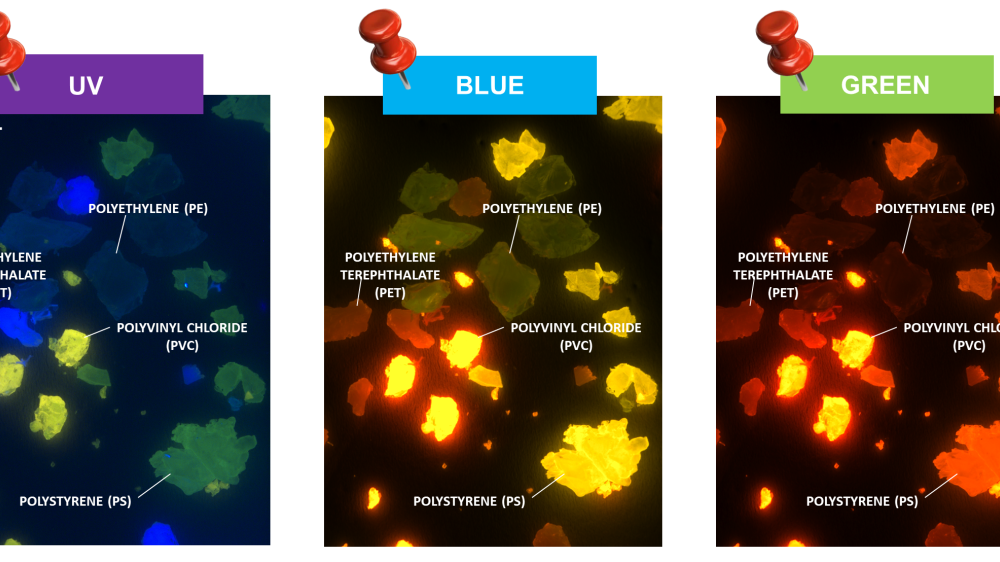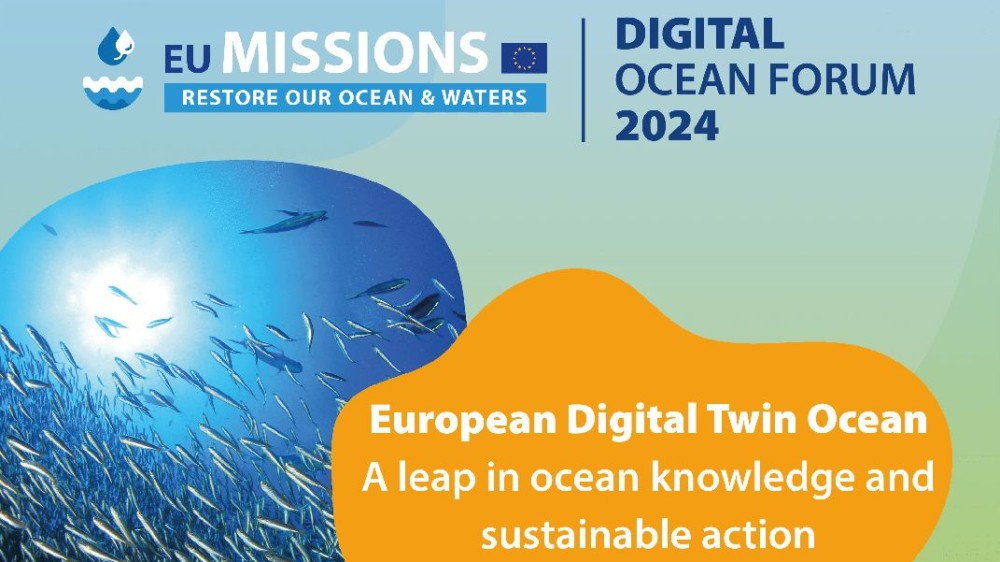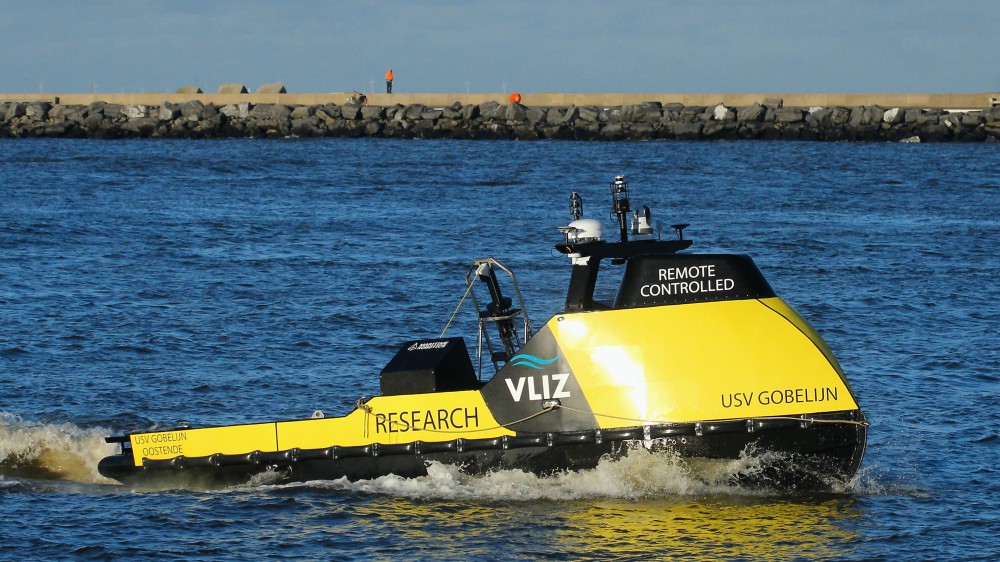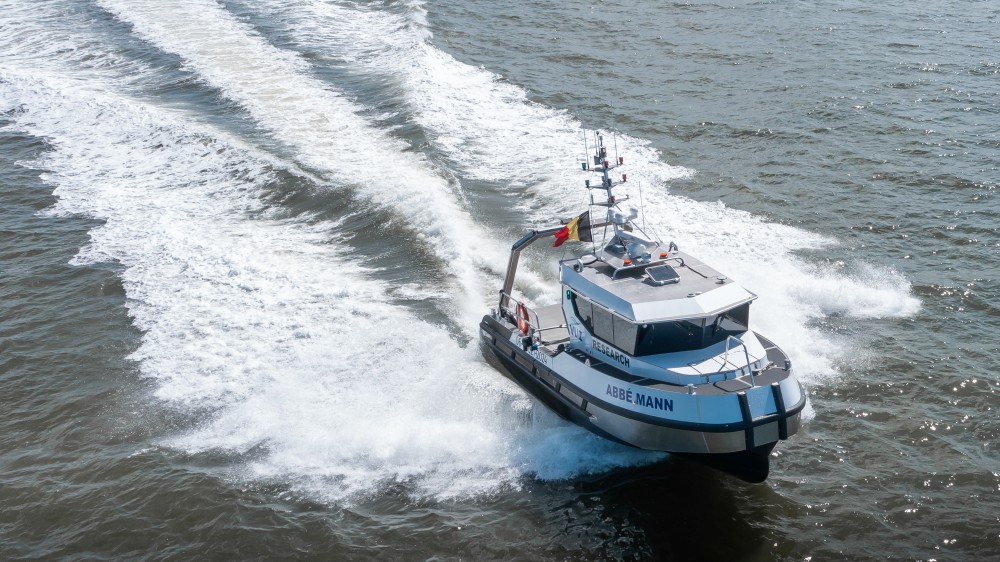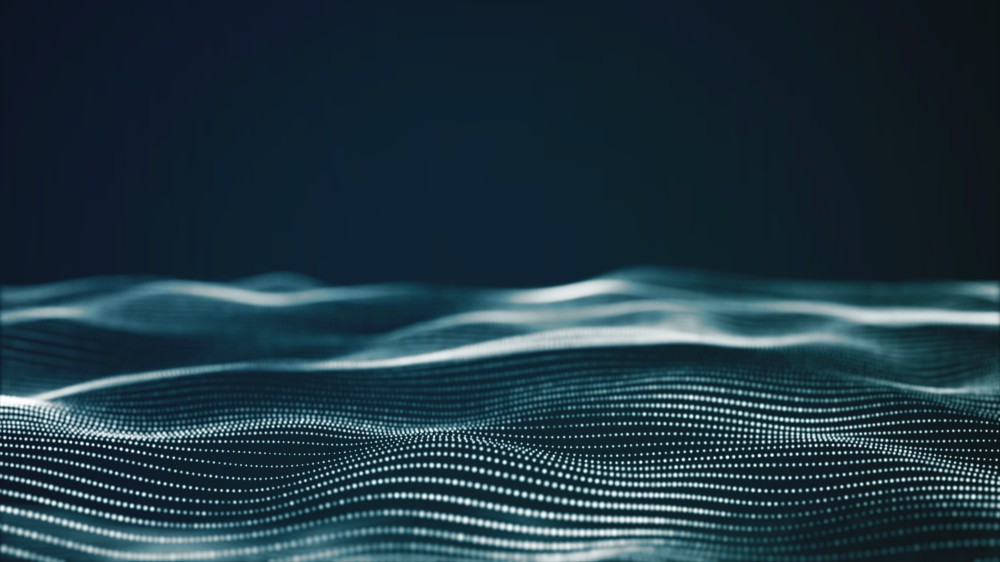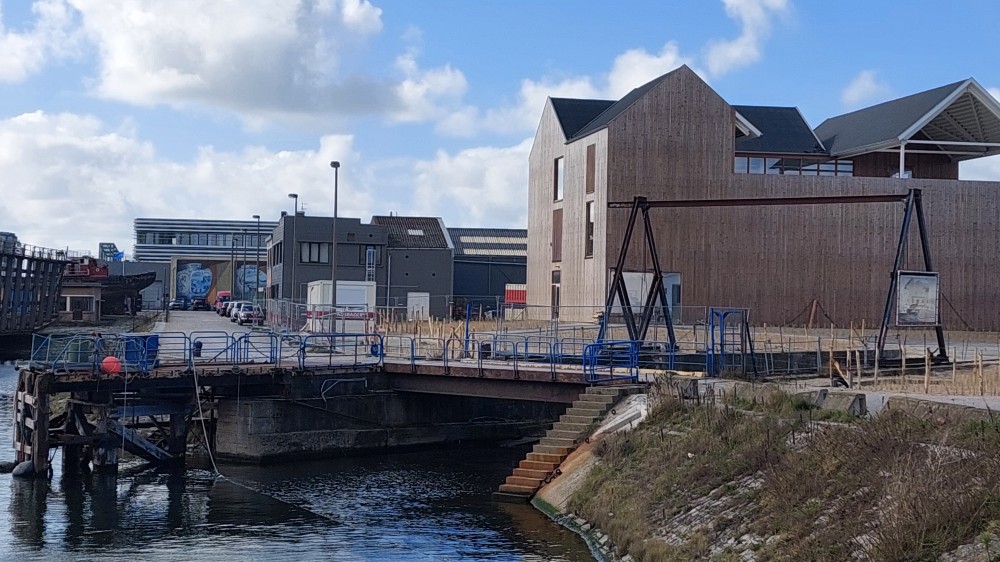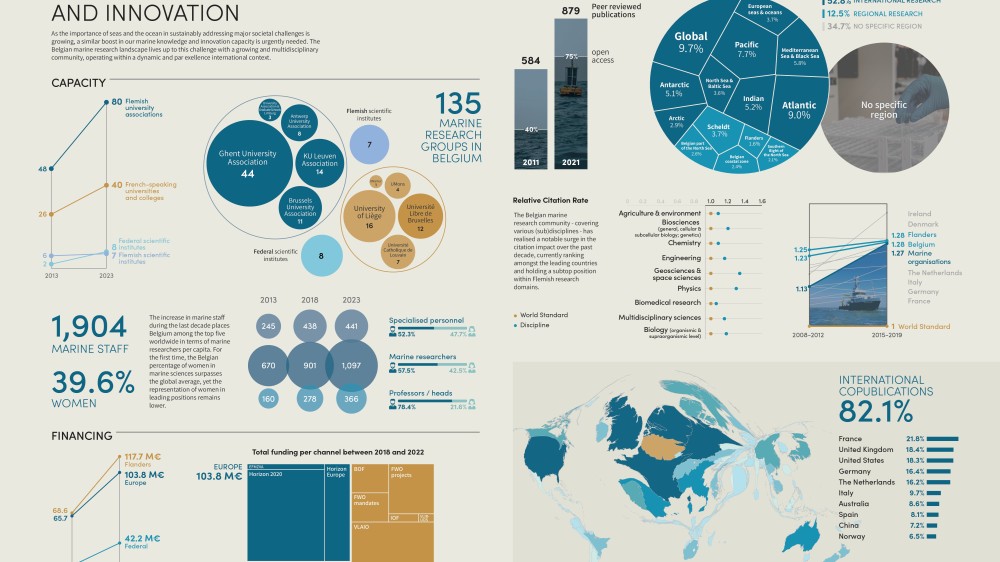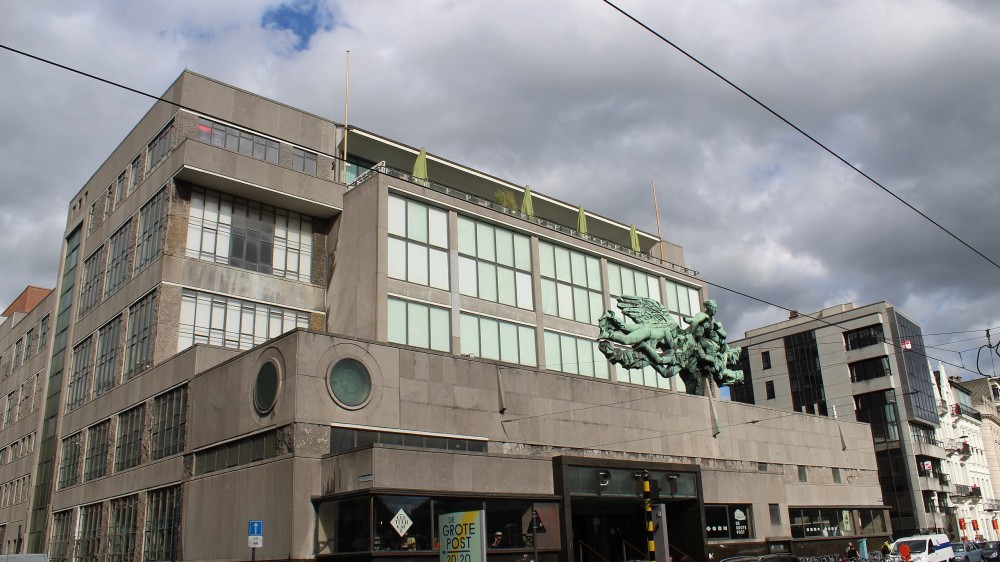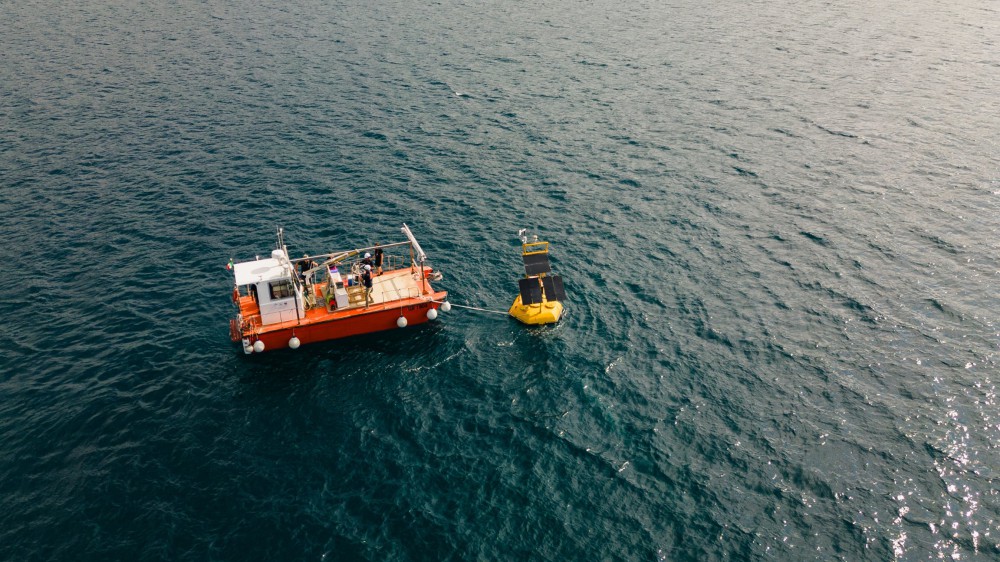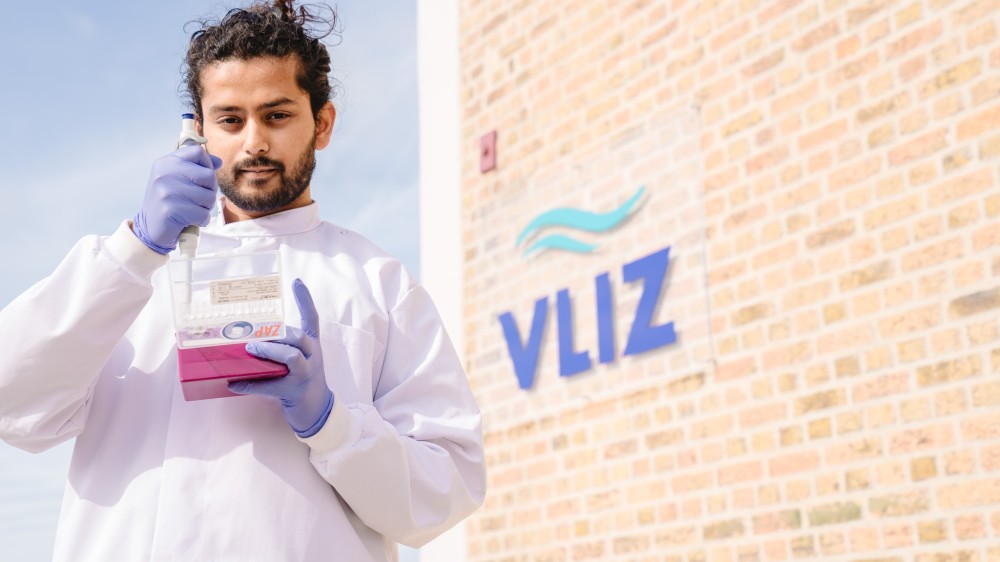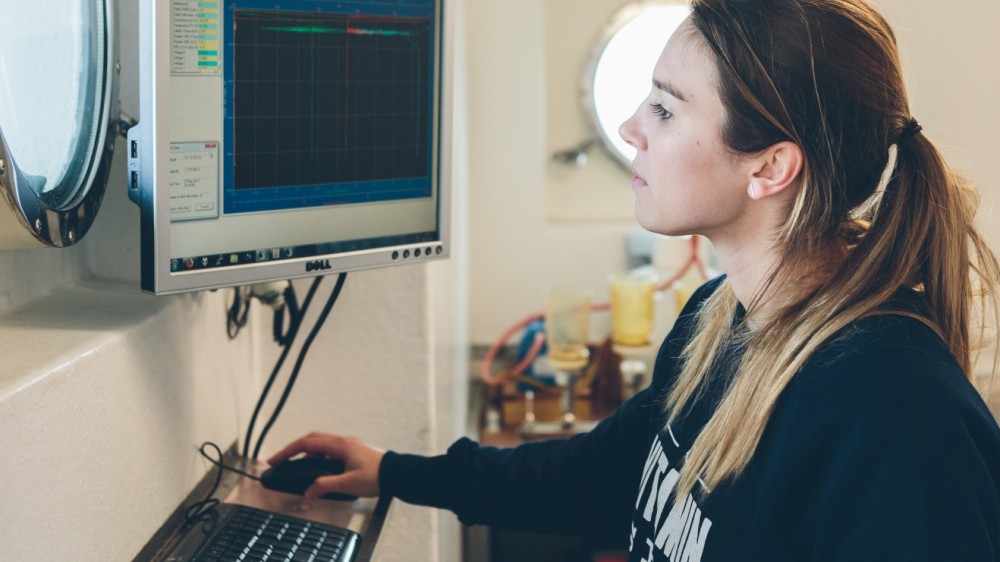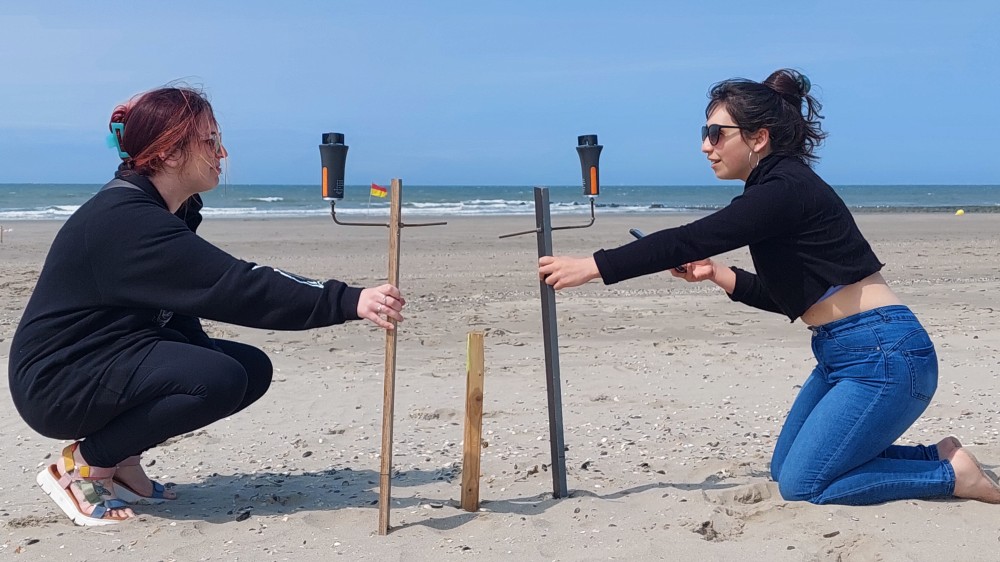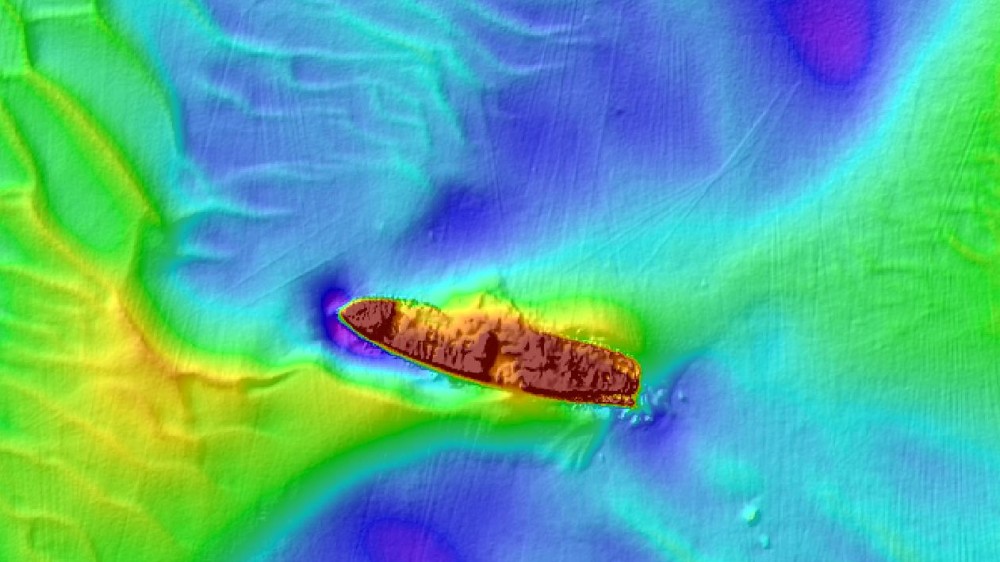Technology & innovation
Sea & health
New cost and time saving detection and identification method for marine microplastics
06/19/2024 - 15:58
For her PhD research, Nelle Meyers (VLIZ, ILVO, UGent) developed a new cost- and time-effective method for the detection and identification of microplastics in the marine environment. The semi-automatic method combines staining of microplastic particles with the fluorescent dye nile red and machine-learning algorithms. The method tested reliably for most types of polymers, even when the...
